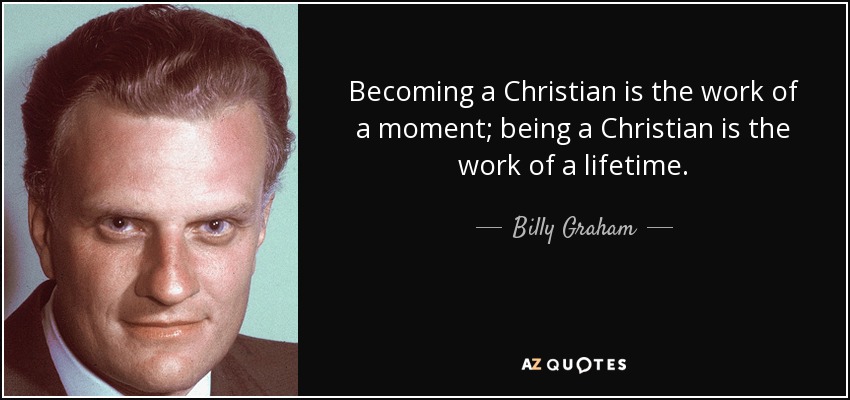Click here to return to Blog Post Intro
You Anoint My Head with Oil
In the terminology of the sheepman, “summertime is fly time.”
Parasites trouble stock and make their lives a misery. Their attacks on animals can readily turn the golden summer months into a time of torture for sheep and drive them almost to distraction.
So, at the very first sign of flies among the flock, the good shepherd will apply an antidote to their heads. Once the oil is applied to the sheep’s head, there is an immediate change in behavior. Gone is the aggravation, the frenzy, the irritability and the restlessness.
Just as with sheep, there must be a continuous anointing of God’s gracious Spirit to counteract the ever-present aggravations of personality conflicts. When people or circumstance or events beyond our control tend to “bug” us, it is possible to be content and serene when these “outside” forces are counteracted by the presence of God’s Spirit.
Today, we find more tendency to violence, hatred, prejudice, greed, cynicism, and increasing disrespect for that which is noble, fine, pure, or beautiful. Unfortunately, that’s precisely the opposite of what Paul teaches us in Philippians 4:8.
Max Lucado observes, “Did you ever notice how Dis changes everything?” Consider the words obey, respect, regard, ability, engage, and grace. All of them have a completely different meaning when you add dis to the front of those words!
We’d be hard-pressed to find a more potent trio of letters. And we’d be hard-pressed to find a better example of their power than what they do to the word appointment. A disappointment means something we hoped would happen, didn’t.
In ancient Israel, shepherds used oil for three purposes: to repel insects, to prevent conflicts, and to heal wounds. Bugs bug people, but they can kill sheep. We, like sheep, get wounded.
As James 5:13 says, “Anyone who is having troubles should pray.” Before you go anywhere else with your disappointments, go to God.
In order to be anointed, the sheep must stand still, lower their heads, and let the shepherd do his work. So, it is both a logical and legitimate desire for us to have daily anointing of God’s gracious Spirit upon our minds.
Fortunately, our Good Shepherd is alert to various hurts, cuts, and problems we have. He anoints us with oil. Oil is a constant symbol in the Bible of the Holy Spirit and of the qualities that are Spirit-given, like joy and peace and patience (Galatians 5:22-23). The Lord rubs soothing oil onto the rough spots of life to heal our hurts and bind our wounds.
My Cup Overflows
God ensures that we have plenty to drink even if we aren’t near still ponds or quiet waters. A good shepherd makes sure our watering troughs are full and overflowing.
In Psalm 23, David was saying, “God’s blessings have been poured out into my life so greatly that they overflow. I can’t contain all of them. I can’t absorb all the mercy and goodness that He has given me. I may not understand all it cost My shepherd to provide such blessings, but I live in constant thanksgiving that my trough overflows. Goodness and mercy are certainly following me all the days of my life.”
The last thing we need to worry about is not having enough. If we stop and think about it, our cup overflows with blessings. Focusing on our diminishing items leads to envy, but consider what happens if we focus on our unending items:
- Abounding grace. Romans 5:20 says, “The more we see our sinfulness, the more we see God’s abounding grace forgiving us.” 1 Timothy 1:14 says, “The grace of our Lord was poured out on me abundantly, along with the faith and love that are in Christ Jesus.”
- Hope. Consider the words of Romans 15:13 –

The Christian life is the overflowing life. In fact, when Robert Morgan is asked for one piece of advice that he would offer someone wanting to be in ministry, he responds, “Always remember that ministry is overflow.” Too many drain the cup dry when trying to do the Lord’s work, whereas true ministry is simply what flows over the rim. Jesus said, “For out of the overflow of the heart the mouth speaks” (Matthew 12:34).
In his memoir, Just As I Am, Billy Graham described returning to his North Carolina home in 1954 fatigued before an upcoming crusade in London. His wife, Ruth, gave him some counsel he never forgot: “Ruth maintained that my studies should consist primarily of filling up spiritually… This was the most effective preaching, we had discovered: preaching that came from the overflow of a heart and mind filled not only with the Spirit but with much reading. Hence, I picked each sermon topic carefully, read myself full, wrote myself empty, and read myself full again on the subject.”
Hymnast Frances Ridley Havergal prayed, “O fill me with Thy fulness, Lord, until my very heart overflow.”
May you live your life from overflow, as you shoot for the stars!


